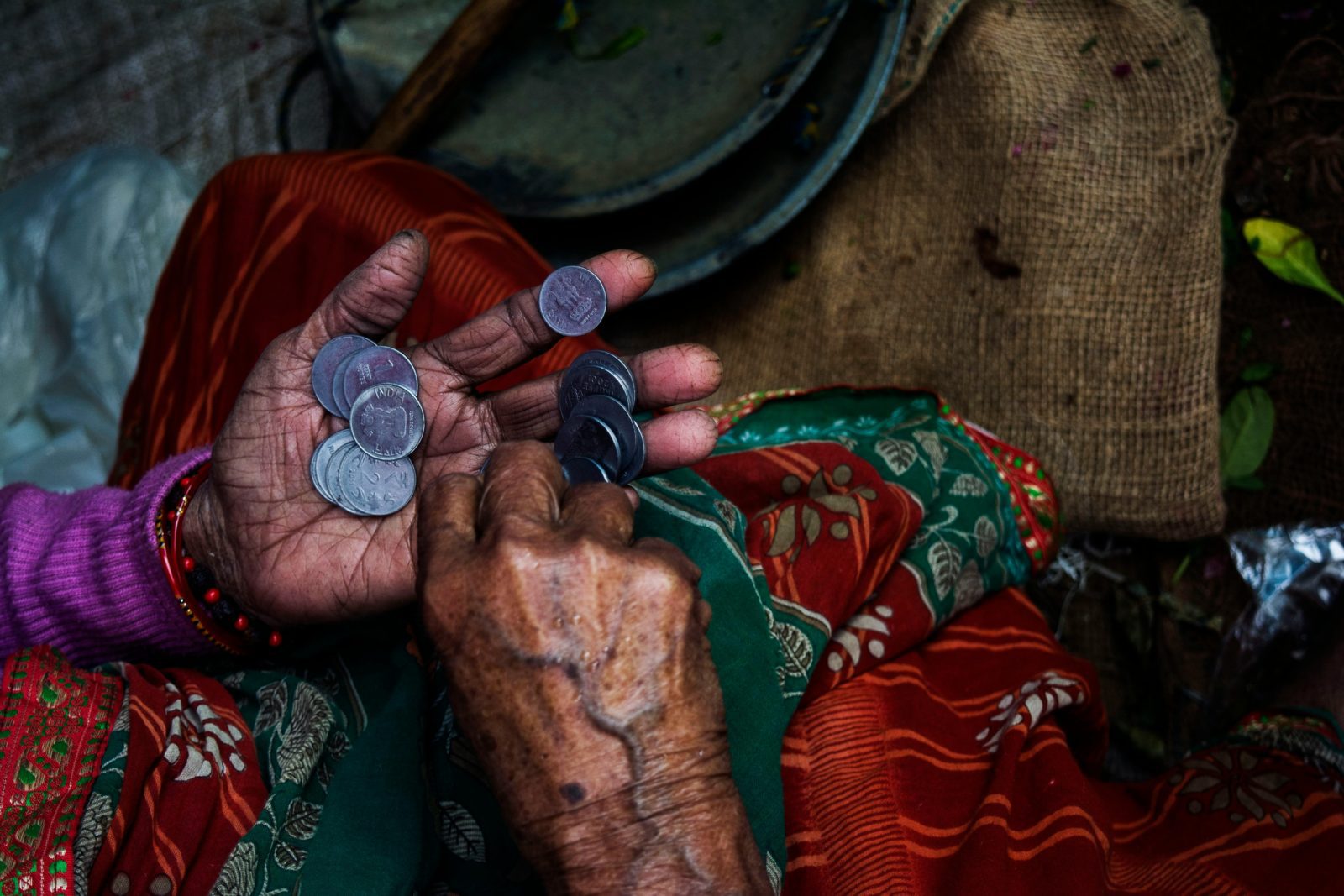A recent study by the Czech Statistical Office reveals that children growing up in poor families are likely to remain among the poorer segments of the population in their adult lives. More than a third of individuals who rated their childhood financial situation as poor still belong to the least wealthy group as adults.
The study, highlighted by statistician Simona Měřinská in the magazine “Statistics and Us,” included a question about how respondents perceived their household’s financial situation when they were fourteen years old. Měřinská noted that those who viewed their childhood financial situation as very poor continue to be among low-income households, with 35.3% falling into the lowest income quintile.
Conversely, people who considered their family’s financial situation during childhood to be very good now tend to be among the high-income group. Specifically, 34.9% of them belong to the highest income quintile, indicating they are among the wealthiest households in the Czech Republic.
Alena Zieglerová from the Institute for Social Inclusion attributes part of the issue to education. She emphasized the significant influence of family on social status and educational attainment, highlighting how schools struggle to compensate for disparities originating in families. This educational gap often translates into income inequality, with poorer educational backgrounds leading to lower incomes.
Sociologist Daniel Prokop from PAQ Research believes the situation may be even more dire than the statistics suggest. He pointed out that many socially disadvantaged individuals do not perceive their childhood as financially poor, even if they were objectively among the poor. This discrepancy between subjective and objective poverty can mask the true extent of inherited poverty.
Prokop also highlighted regional inequalities, stating that outcomes are heavily influenced by socioeconomic background. Children from less affluent families are less successful than their peers in other European countries, such as Poland and Estonia. Regional disparities further compound the problem, making it harder for individuals from economically disadvantaged areas to break into the wealthier segments of society.





